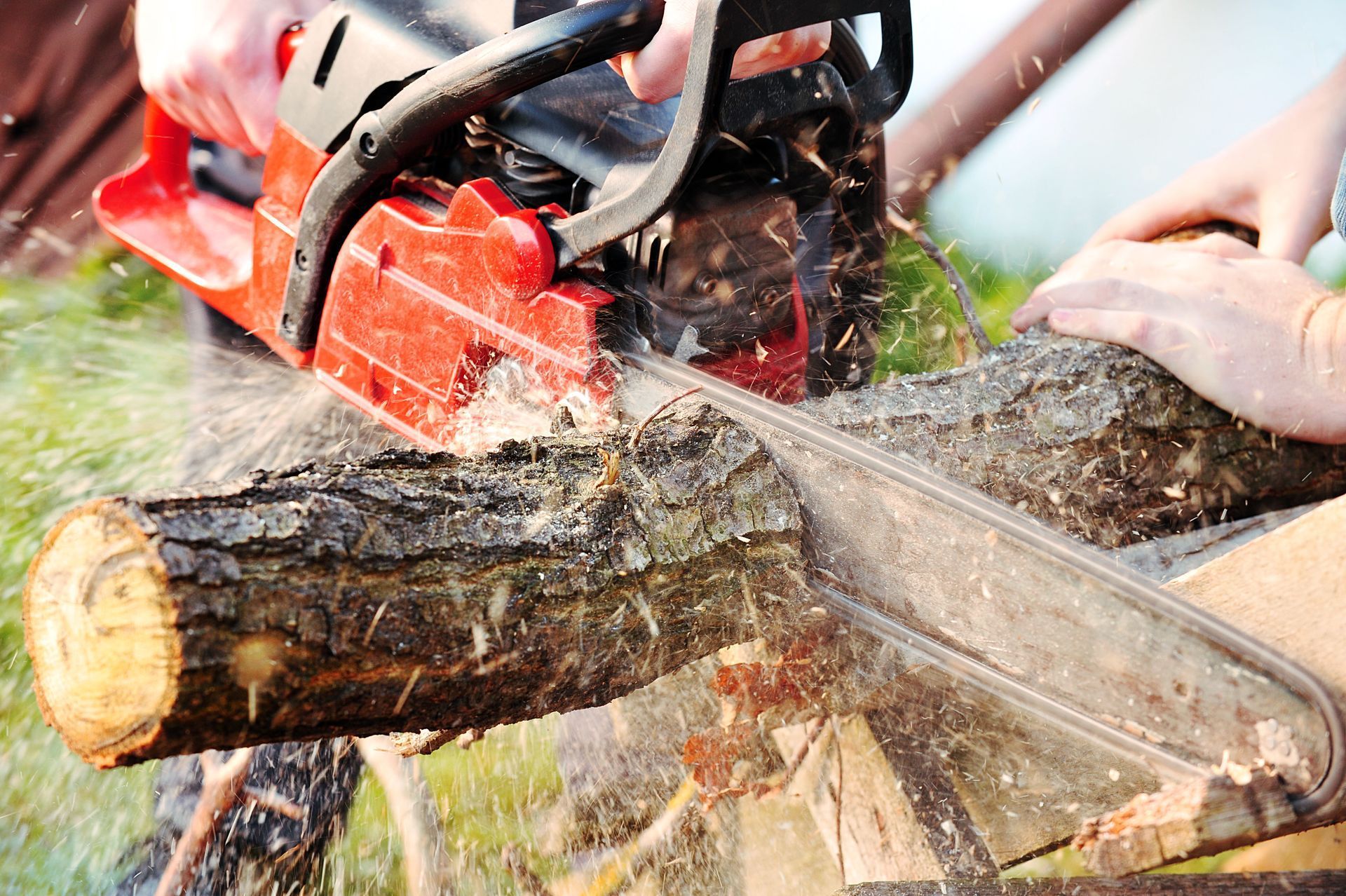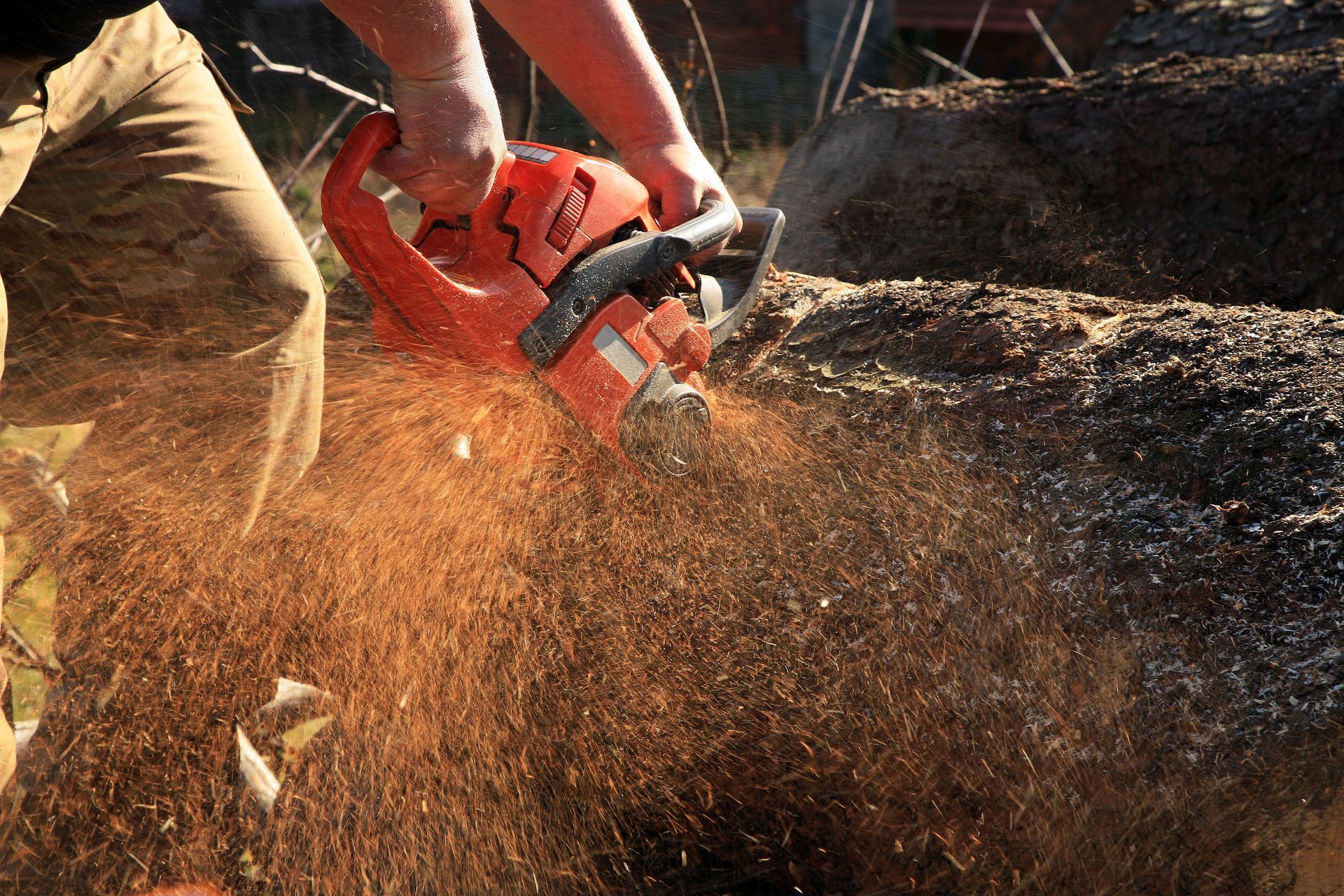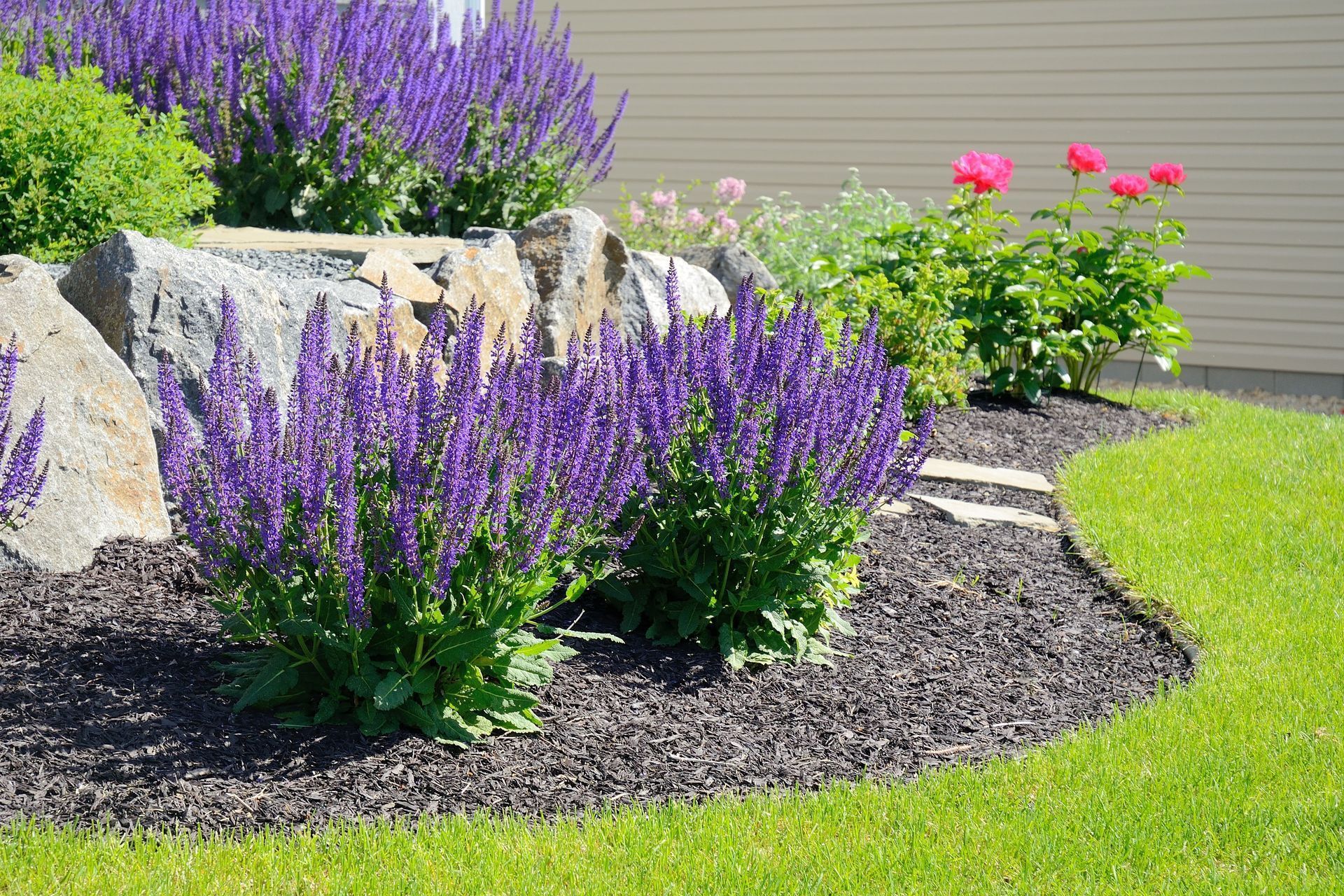July 27, 2023
If you have a landscape, you know maintaining it is not easy. One way to protect soil and maintain moisture is by using mulch. There are several types available that fit into the organic and inorganic classes. Because you have so many choices, you may wonder which one is right for your property. Read on to learn more about the best type of mulch for you and your living circumstances.
Compare the Benefits of Organic and Inorganic Types
These days, not only can you eat organic or inorganic food, but you have that same range when it comes to mulch for your soil. Organic mulch comes from any material that can decompress and go into the soil over time. Such a product includes leaves, grass clippings, bark, wood chips, hay, and straw.
Do you use mulch made from non-living material? Then you have an inorganic type. The most popular ones include stone, plastic, and geotextiles. Inorganic mulch comes in handy if you want something that doesn't break down over time.
When deciding between organic and inorganic products, there is no right or wrong one to use. Which one you should use depends on your location, the purpose you use your soil for, as well as your overall preference. Sometimes, something as simple as aesthetics may affect your decision as well.
Consider When Organic Product Should Be Used
Are you using your green thumb to plant a garden on your landscape? You may need to improve the soil quality, so you can grow all the yummy fruit and vegetables you want. If that's the case, organic is the most ideal choice. By using an organic product, such as straw or wood chips, you'll help your garden suppress weeds, have more nutrients, and maintain better moisture.
Straw mulch can last you anywhere between three and six months, and according to Simply Smart Gardening, is ideal for vegetable gardens. Your garden will love how straw reduces weeds and amends the soil. Soil can sometimes become compact, but this type prevents that. If you grow tomatoes, one of the most popular vegetables to grow in a home garden, you can prevent soil-borne diseases from transferring to another plant by using straw at its base, according to Almanac.
For an ornamental garden, wood chips are best, according to Simply Smart Gardening. This type of garden focuses on beautiful plants as opposed to useful ones. So if you are trying to protect your shrubs or flower beds, buy wood chips for mulch.
How about seasons? Do you live in an area where you have all four seasons or harsh winters in general? If so, you should use the organic option as a way to protect your vegetation and soil from harsh freezing. According to Gardeners World, it's best to have your landscaper plant your organic mulch in the fall or spring.
Decide if Inorganic Mulch is Necessary
Don't assume inorganic mulch is bad for your soil. While it can't feed your soil natural nutrients as the organic ones do, it has other purposes you can take advantage of. Whether you're using stone or gravel, you have mulch that's strong enough to not break down in a few months or at all. Therefore, it needs less maintenance because you don't have to keep replenishing it as you do with organic material.
Do you live in a very windy location like Chicago or a rainy one like Seattle? Inorganic might be the best option since it's too heavy to get blown around by those winds or washed away by rain. Since it's heavier, it's also useful for slowing down evaporation. So if you live in an extremely hot area, using the inorganic material around your trees helps maintain their moisture for as long as possible.
As you can see, you have many reasons to use mulch on your property. Whether you want to protect your soil, beautify the landscape, or use it for something functional such as a garden,
mulch
can serve different purposes. When deciding on the best one, location, climate, and other needs matter. For example, if you pride yourself on running a green home, the organic kind makes sense. If you need more assistance with protecting your soil, contact Red Bark Inc today.




